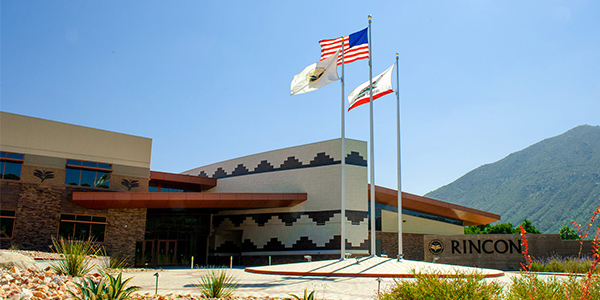The California Energy Commission approved $22 million in grants Wednesday to fund long-term energy storage projects, considered key to the state’s decarbonization goals, and another $6 million to test the possibilities of using repurposed electric vehicle batteries for solar storage.
The long-term storage grants included $13 million to Native American tribes to test systems that could deliver stored solar and wind power for hours longer than lithium-ion batteries.
“The importance of sustained investments in this space can’t be understated,” CEC Vice Chair Janea Scott said.
The funding is vital “to help push this type of technology forward and to really be looking in the storage space at long-term of ‘what’s the next step,’ so we’re always just a little out ahead of where we’re trying to push the technology as we go in our quest toward 100% clean energy,” Scott said.
The CEC funds energy research through its Electric Program Investment Charge (EPIC) grant program. California load-serving entities are required by Senate Bill 100 to provide retail customers with 100% clean energy by 2045.
Commissioners voted unanimously Wednesday to award $7.3 million to the Rincon Band of Luiseño Indians in San Diego County to connect solar arrays to a vanadium redox flow battery, which uses tanks of chemicals, and a flywheel storage system. Each storage method will provide 400 kW of load for up to 12 hours, creating a microgrid that will power a wastewater treatment plant and a public emergency shelter, among other buildings, the tribe said.
Several other tribes won grants to integrate flow batteries and flywheels with solar arrays.
Indian Energy, a Native American-owned company that provides energy solutions to tribes and the military, won a $5 million grant to install a zinc hybrid cathode battery, a flow battery and a mechanical flywheel at Marine Corps Base Camp Pendleton, north of San Diego.
Antelope Valley Water Storage, in the Mojave Desert northeast of Los Angeles, was given $2 million to fund an aquifer pumped-hydro system, which stores water underground to produce hydroelectric power when solar goes offline at night.
Used-car Batteries
The commission also funded projects that will test “retired” EV batteries for use in stationary storage systems.
Technicians remove EV batteries near the end of their useful life, but many can still hold a charge. Connected together to store solar power, the batteries create a microgrid while avoiding waste. BMW is among the companies that have experimented with “second-life” car batteries on a large scale in Europe.
The CEC awarded $2.8 million to the San Diego State University Research Foundation to pair second-life EV batteries with a solar photovoltaic system. Rejoule was given $2.9 million “to develop novel battery grading tools to more quickly and accurately assess the health of repurposed EV batteries for stationary storage.”
“With California leading the nation in electric vehicle acceptance, [it] will have the largest opportunity to fully utilize these batteries that have substantial energy left for stationary use,” Mike Gravely, research program manager at the Energy Commission, told the commissioners.





